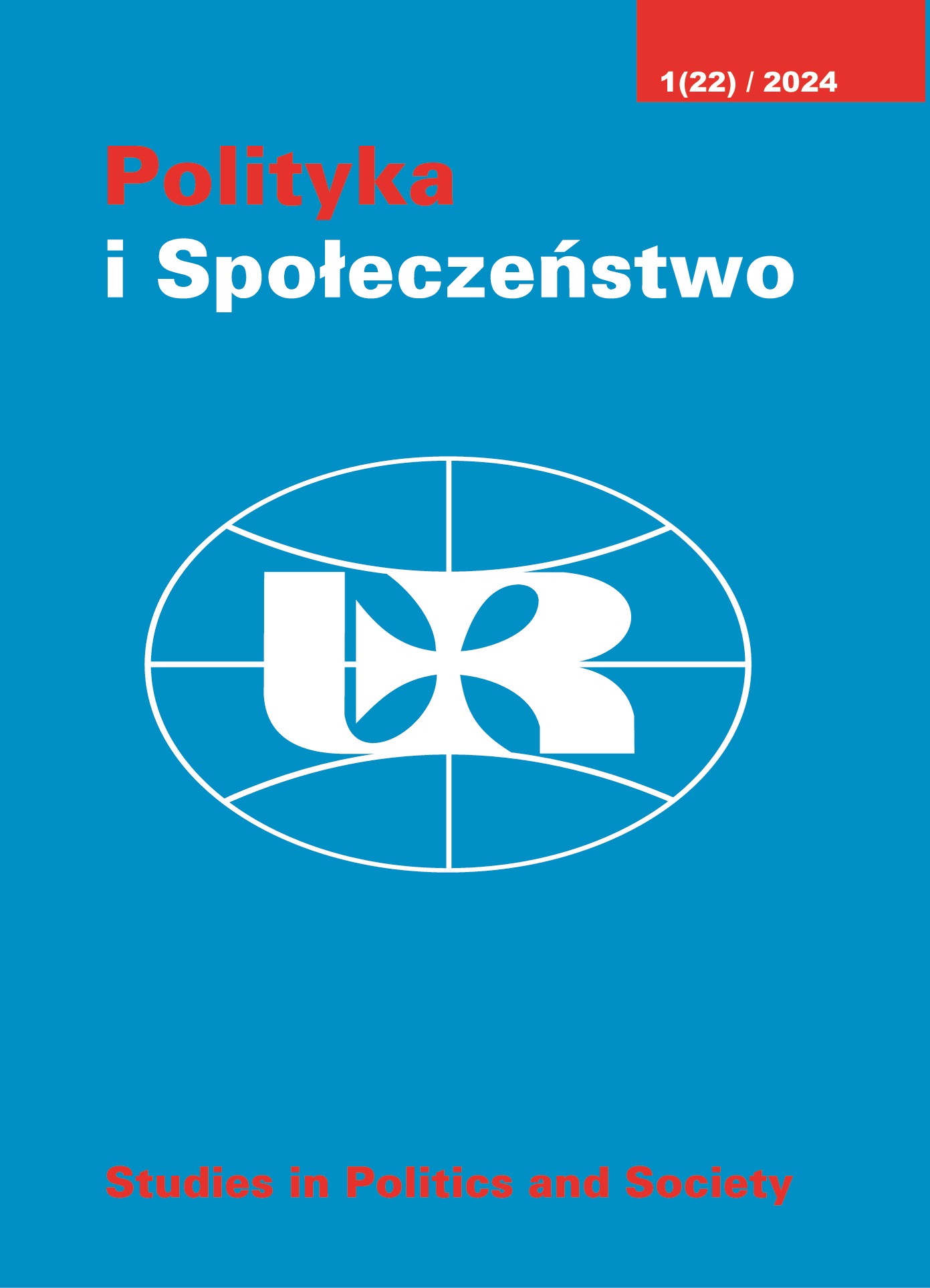The assassination of Polish president Gabriel Narutowicz in 1922. Reflections from the century’s perspective
DOI:
https://doi.org/10.15584/polispol.2024.1.19Słowa kluczowe:
Gabriel Narutowicz, political violence, assasination, presidential electionsAbstrakt
From the geopolitical point of view the year 1922 could be perceived as a very first „ordinary” year for the newly emerged Republic of Poland. Military clashes were over, the frontiers had been determined and defended. Nevertheless, hardly achieved, relative international security caused a real eruption of inner difficulties. As the common ennemy (mainly the Soviets) was gone, the demons emerged which up till now had been asleep for decennies because of the inexistence of Polish state. A dramatic climax was reached in the last quarter of the year, when firstly the parliamentary and secondly the presidential elections took place. The results were dissapointing for both conservative and leftist parties and quite rewarding for the ethnic minorities. Highly strained atmosphere, exacerbated by agressive media, resulted in street fights and full bloom of antisemite and nationalist behaviours. It all led to a drama: the 16th December 1922, Eligiusz Niewiadomski – a fanatic, frustrated nationalist – murdered the very first president of Republic of Poland, Gabriel Narutowicz – a supporter of tolerance and liberalism – who had been elected just few days earlier. It was a dramatic consequence of political violence – a phenomenon which has its contemporary incarnations.
Pobrania
Opublikowane
Jak cytować
Numer
Dział
Licencja
Prawa autorskie (c) 2024 Polityka i Społeczeństwo

Utwór dostępny jest na licencji Creative Commons Uznanie autorstwa – Na tych samych warunkach 4.0 Miedzynarodowe.


